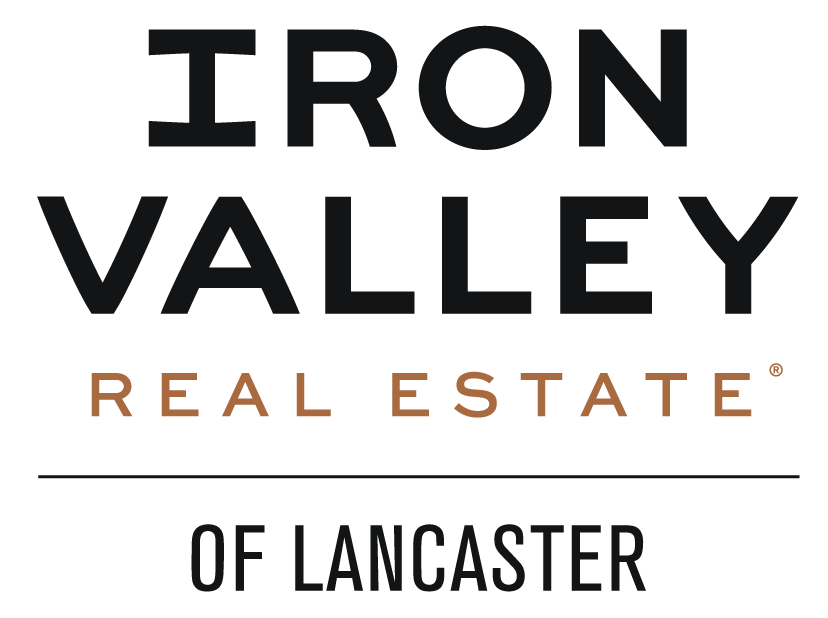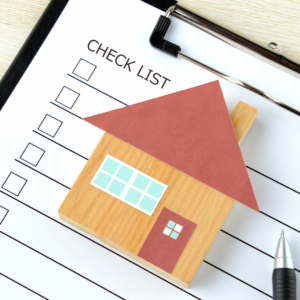Buying a new home is exciting, but it can be a lengthy and challenging process. There are many steps in such a large transaction! From preparing ahead to looking at houses to going under contract and all the way through the transaction, buying a home is a complex process. There are many mistakes homebuyers can make that cost them time and money. Here are some of the most common homebuyer mistakes to avoid.
🏡 Before the Purchase
- Not Getting Pre-Approved for a Mortgage
Jumping into house hunting without knowing your budget can waste time and set false expectations. The pre-approval will show you how much you can borrow, how much your closing costs are, and how much your monthly mortgage payment will be. Getting a pre-approval is the number one step to take before house hunting! - Skipping the Budget Planning
Only looking at the mortgage payment without factoring in utilities, maintenance costs, groceries, car payments, etc., could leave you “house poor”. Use an online budget planner to plug in estimates of all of your monthly expenses and your monthly income to make sure you can afford purchasing a home at that price point. - Draining Savings for the Down Payment
Leaving no emergency funds after the home purchase can be risky when unexpected costs arise. A home always has ongoing maintenance and repairs. Be sure to keep a fund for household upkeep, as well as for unexpected personal expenses. Keep a “cushion” for expenses that come up outside of your normal budget. - Ignoring First-Time Buyer Programs
Overlooking grants, down payment assistance, or special loan programs you may qualify for leaves you with less money in your pocket. Talk with a lender that offers many types of loan products and will search for any type of assistance you may qualify for. Make sure you understand the benefits and restrictions of any assistance programs. - Not Checking Your Credit Score Early
A lower credit score can cost you a better interest rate or, worse yet, keep you from getting a mortgage in the first place. Check your credit score months in advance! If it is not ideal, work to improve it. Your lender can help you know the best steps to improve your credit score.
🏘️ During House Hunting
- Falling in Love Too Fast
Quick, emotional decisions can cause you to overlook flaws or overpay for a home. It is best to look at several houses to compare them to each other. Really think through the layout, condition of home, yard space, and location to determine if it works well for you and your family. Be realistic about the pros and cons of each home. - Waiving the Home Inspection
Skipping a home inspection to win a bidding war can lead to massive repair bills later. It is hard to not get caught up in the competition, but waiving an inspection is taking on great risk. This should only be done by someone with the financial reserves to handle any home issues. - Focusing Only on the House, Not the Neighborhood
Schools, crime rates, commute times, and future development matter just as much as the home itself. Location is one of the most important factors in choosing a home! You can’t just love a house, you need to love where it’s at too. A home can be renovated, but it can’t be moved. - Not Thinking Long-Term
Buying for now rather than thinking about future family needs, resale value, or job changes could leave you selling and buying a new home before you’re ready. Have a plan for how many years you want to live in this new home. Then look for a home that will accommodate you for that length of time. - Ignoring Additional Costs
Homeownership comes with closing costs, moving costs, renovation costs, and furnishing expenses. Keep this in mind when looking at homes. How much will you need to spend on renovations or new furniture? How much will it cost to hire a moving company or rent a truck? All of these costs add up quickly!
📝 During the Transaction
- Making Major Purchases Before Closing
Buying a car or racking up credit card debt can mess up your mortgage approval. Even opening or closing a credit line can change your credit score. Once you’re under contract, do not make any financial moves (big or small) without talking to your lender first. You do not want to do anything to risk your mortgage approval and home purchase. - Not Reading the Fine Print
Contracts and loan agreements contain crucial terms. Make sure you understand what you are signing. Don’t sign blindly. Understand the real estate contracts as well as the mortgage contracts and terms. Your realtor and lender will be happy to answer any questions you have. - Choosing the Wrong Type of Mortgage
Ask the lender to check for any mortgage product you might qualify for. Understand how the loan type affects your home purchase, the interest rate, the amount of seller help available, and the mortgage insurance. Compare and contrast any type of loan product you quality for so that you can choose the best option. - Not Shopping Around for Mortgage Rates
Different lenders offer different rates, loan products, and fees. Don’t just look at one lender. Talk to both a mortgage broker and a bank as they have different types of loan products. Also talk with your loan officer to make sure they are experienced, personable, and available after hours. - Not Hiring the Right Real Estate Agent
When buying a home, you need experienced representation! A good real estate agent not only guides you through the complicated process of homebuying, but she protects your interests, negotiates on your behalf, and can save you thousands. This is not a transaction you want to navigate without a professional by your side.
Buying a new home is exciting yet complex. You can plan and prepare for a good home buying experience! Being knowledgeable and realistic, plus working with an experienced buyer agent, will set you on the right path. You can avoid these common homebuyer mistakes to ensure a smooth and successful home purchase!







